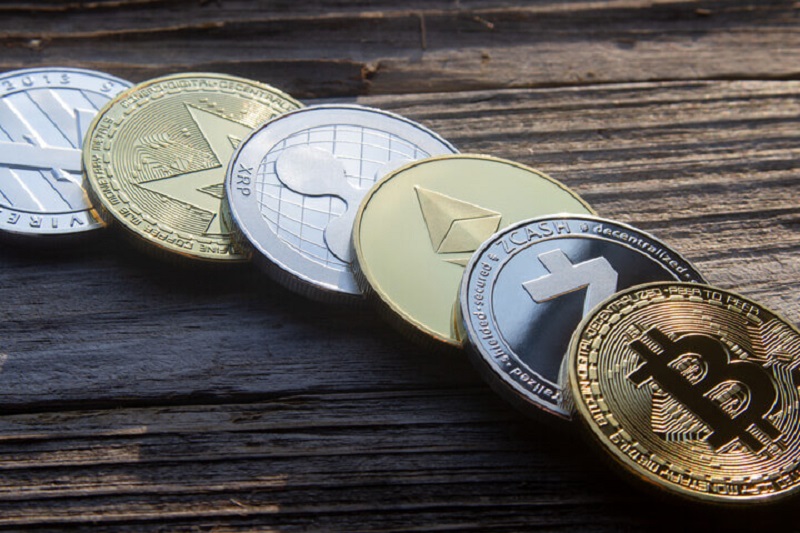Cryptocurrency - Altcoins
Altcoins in relation to cryptocurrency are any other coins that aren't bitcoin. The biggest one of these is Ether, the coin of the Ethereum network. Sometimes said to be the Silver to Bitcoin's Gold, that is actually a poor analogy. Ether is more of a currency that Bitcoin is, but it's capabilities are almost endless. The technology that the Ethereum network utilizes is far more advanced than bitcoin. Things you can do on the Ethereum network are smart contracts, creation of new tokens and NFTs.
Smart contracts are things you can program into the network to create automatic transactions. This is how a lot of decentralised exchanges have functioned e.g. swapping 10 Ether for a certain amount of other coins. Or potentially creating a contract of a taxi ride that will automatically pay the driver the right amount of Ether. People have created new tokens on the Ethereum network, which itself can have value. Some examples of these coins are stablecoins like Tether, Bitcoin substitutes like Wrapped Bitcoin that aims to hold the value of 1 BTC and joke ones like Shibu Inu. Non-Fungible Tokens (NFT) have been extremely popular at the moment, they are as the name suggests unique in their design and are usually one of a kind. Examples of famous NFTs have been digital art, basketball clips, the first twitter tweet and digital land. The prices for these things have sky rocketed. Due to the mass adaption of the Ethereum network, it's likely it will be around for a long time. The Ether coin is potentially deflationary as well, in that whilst the circulating supply is in theory unlimited, transaction fees are burned. If the coins burned is more than the coins created when rewarding miners, then the total circulating supply will go down.
The other main altcoin is called ADA on the Cardano network. It is much newer than the Ethereum network so currently can't do as much. However it is scheduled to do all that soon. Things go a lot slower on the Cardano network as it's seen as an academic, peer-reviewed, research-led coin so things take a lot longer. The main difference to the other two previously mentioned cryptocurrencies is that instead of proof-of-work to maintain the blockchain, it uses a proof-of-stake to maintain the blockchain. This is where instead of powerful computers trying to solve the mathematical problem, people can 'stake' their ADA to maintain the blockchain (potentially risking it) but earning staking rewards which acts like interest. Roughly it equates to 5% annually which is paid every 5 days (and compounds), it's a good way of making your crypto work for you.
One other smaller one I would like to mention is a privacy coin called Monero. All the rest of the coins mentioned so far are easily traceable. You can see how much is in each individual wallet, you can see where the coins are sent and you can follow the movement of coins all the way back to when it was created. Some would say that can be bad for privacy, so Monero has tried to change that by making all transactions, wallets and coins private. This is good for individuals but governments are not happy with it as it could be used to avoid tax or by criminals to launder money. In many countries, Monero is banned and is very hard to trade on many exchanges. The technology however is very advanced and will have a place in the future I'm sure as privacy becomes more and more important.
Disclaimer: I have small holdings in all these coins (plus BTC).
Please share below.




Comments
Post a Comment